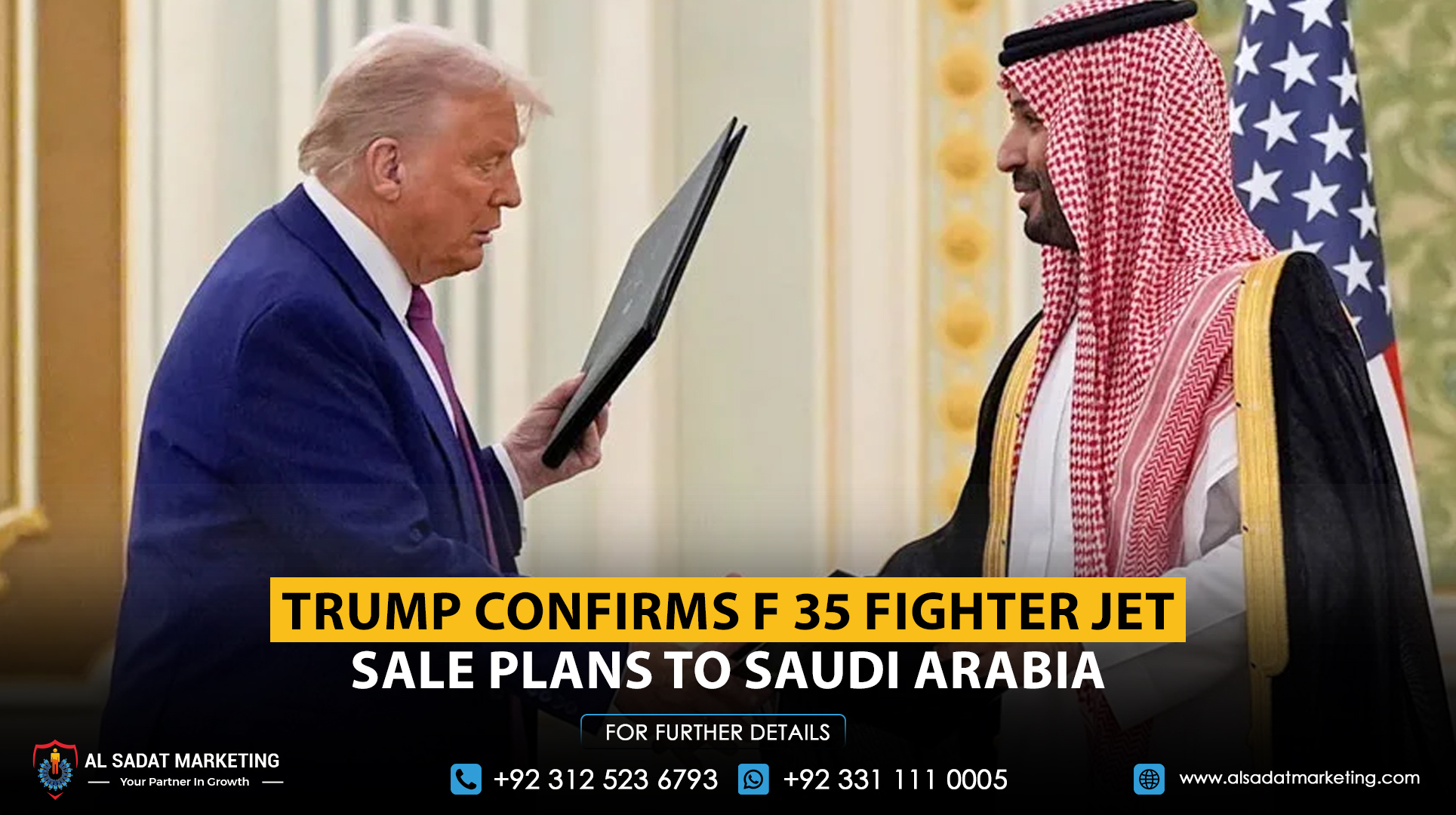President Donald Trump said on Monday that he plans to approve the sale of F-35 fighter jets to Saudi Arabia, marking a major shift in long-held US policy on advanced weapons transfers to Arab states. His comments come a day before Saudi Crown Prince Mohammed bin Salman is scheduled to visit the White House.
Speaking to reporters, Trump confirmed that Saudi Arabia has expressed a strong interest in purchasing the jets, calling the kingdom a “great ally.” If finalised, the agreement would make Saudi Arabia the first Arab nation to join the F-35 programme. The move aligns with Trump’s broader push for regional deals, including efforts to strengthen Saudi-Israel cooperation under the Abraham Accords.
However, the plan has raised concerns in Israel about protecting its long-standing military edge in the region. US law requires Washington to ensure Israel maintains a “qualitative military advantage” over its neighbours. Israeli officials warn that providing the highly advanced F-35s to Riyadh could spark a regional arms race and weaken Israel’s security. Some argue that any such sale must come with steps to reinforce Israel’s air power.
Saudi Arabia has requested up to 48 F-35 jets, a deal worth billions that has already passed Pentagon review. The aircraft, built by Lockheed Martin, are considered the most advanced fighters in the world due to their stealth and high-end combat capabilities. The US previously approved F-35 sales to the UAE in 2020, though that agreement stalled under the Biden administration over security and political concerns.
Congress still holds the authority to block any major weapons sale, meaning the Saudi deal would face scrutiny before moving forward.
The Crown Prince’s visit comes at a tense moment, with continued instability in Gaza and renewed regional diplomatic activity. Saudi media reported that Mohammed bin Salman recently received a handwritten letter from Iranian President Masoud Pezeshkian, though its contents were not shared.
Trump also referenced recent US military strikes on Iranian facilities as proof of Washington’s commitment to regional security. Analysts say the proposed F-35 sale could reshape the Middle East’s military landscape and test how the US manages arms deals while upholding its security promises to Israel.










